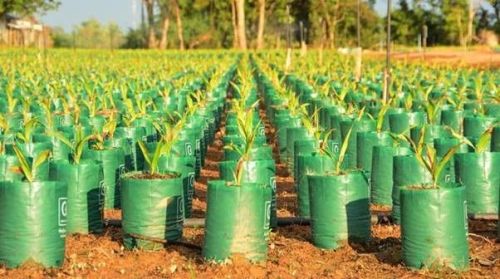Good news for Jaguars in Belize
Posted on
|
I love the World Land Trust; it’s one of my favourite charities and I’ve been a supporter for some time now, doing what I can. After all, every £1 matters. So I was very pleased to see from their website that the supporters of the Trust, of which I am one very small part, has reached its £600,000 target to save 8,154 acres of Jungle for Jaguars in Belize. The target has been reached far faster than the World Land Trust anticipated, so they are going to press on and look for donations to go towards the purchase of another vital piece of corridor. A £100 donation can save one acre of habitat there, thanks to a government subsidy, but frankly every bit helps and you don’t have to donate that amount to be a part of something really very special.
I donated towards the Jungle for Jaguars appeal in memory of my father on the occasion of his birthday and I feel a warm glow inside my heart every time I think of a jaguar on the prowl through a jungle, doing what jaguars do. Like every species on the planet, they deserve the right conditions to thrive and survive and it’s up to us humans to ensure they get it. Donate here to the World Land Trust. Every £1 will help the jaguars and all the wildlife who need these corridors to move safely from one area to another. |

